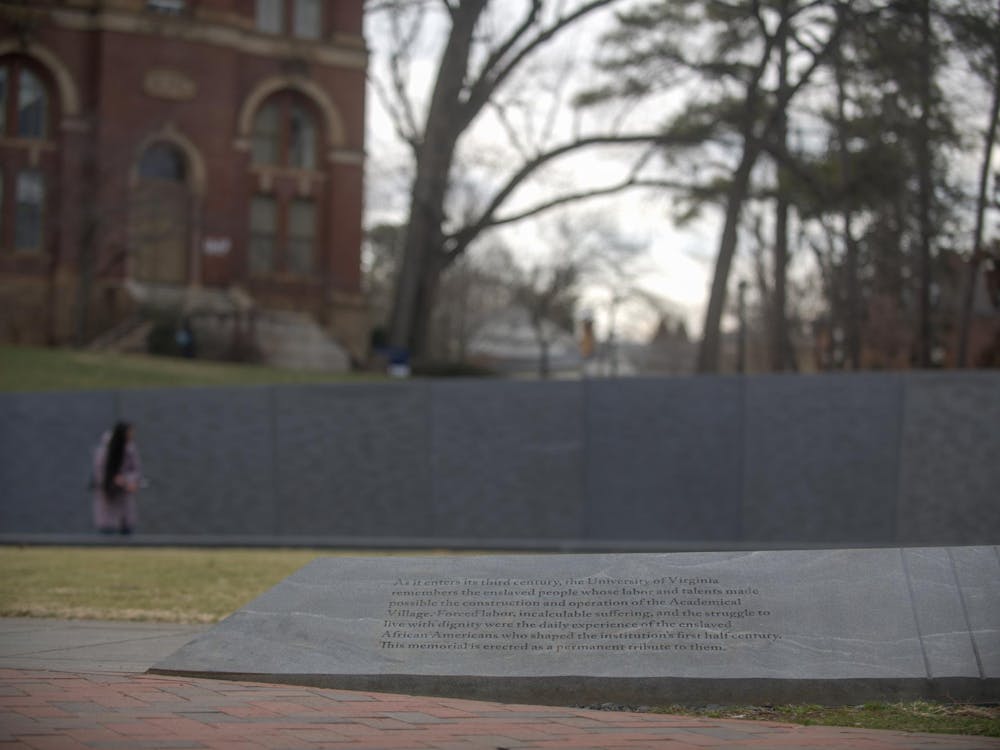Participants in the University's African Music and Dance Ensemble have an opportunity to take part in a class not bound by the constraints of convention, but which hinges instead on students' participation, and calls for them to intuitively find their own way through the course material.
"African Music and Dance class" is a practical, hands-on course which focuses on performing music from the cultures of the BaAka people of Central Africa and the Ewe people of Ghana and Togo. Assoc. Music Prof. Michelle Kisliuk, who has been instructing the class for 16 years, has done extensive research on those cultures, and enjoys sharing her interests with students on a regular basis.
"I have been a student of Ewe music for 33 years, and I spent several years in the Central African Republic," Kisliuk said. "The BaAka people have very complex music, and a very egalitarian lifestyle."
There is no prerequisite for the class, but students are immediately thrust into the fold during the first session with an informal assessment process, when they are introduced to the music by Kisiliuk and returning pupils. "The professor and the returning students evaluated us on our ability to learn different songs, dances and drumming quickly," third-year Commerce student Anup Suresh said.
"They also evaluated how we reacted when we were pushed out of our comfort zone." Suresh, who at the time had played electric guitar and drums but had never taken a dance class before, said he chose it to break up his intense schedule with a new and different elective class.
For second-year College student Alan Brody, the class fulfilled his Non-Western Perspective requirement while allowing him to learn and think in a new way.
"There is something about the collective dynamism and interplay of our performance that I thought was a valuable learning experience," he said. "It taught me a different approach to performance. The focus [in this class] is to be creative in personal expression as well as being conscious of how you fit into the group's voice."
Brody has been a percussionist for 11 years, plays marching snare drum, drumsets and hand percussion but said he enjoys the class because it combines drumming with singing and dancing into a coehesive art form. By incorporating these three specific areas, students are afforded a chance to become very familiar with the music.
Before taking the course, fourth-year College student Sammy Chao had played percussion in school, but also had never had the combined musical experience offered in Kisliuk's class. Chao said at first she felt she was "constantly stumbling over the words and pronouncing it wrong," but acknowledged errors are part of the learning process.
"It is OK to make mistakes," Chao said. "It's a safe environment where no one judges you, and this class taught me to be a lot more comfortable with myself."
With the confidence they build in class, Kisliuk's students take what they have learned to the stage.
"When I have a strong group of performers, [we perform] a couple of times a week," Kisliuk said. Although these performances are optional, the African Music and Dance Ensemble performers can often be seen at a number of University and local events.
In addition to potlucks, the class offers students the experience of traditional rituals of the cultures they study during its spring semester. Women of the class have the opportunity to become an Elamba dancer, a solo performer of the BaAka tradition. Chao felt fortunate to be inducted into such an honorable group.
"Participating in this type of tribal ritual made me feel closer to the cultures this music originated from, closer to the other women being inducted and closer to the music," Chao said.
For those seeking a greater understanding of the music's cultural background, the Dance Ensemble class is accompanied by a spring seminar "Performance in Africa." This more routine class teaches the cultural background of the Ewe and BaAka people through reading and discussion, while the ensemble spends the semester working toward the only required performance, the final concert in Old Cabell Hall. Students usually take both classes together in the spring, giving them a more in-depth cultural experience while they learn the practical implications of their cultures through the ensemble course.






